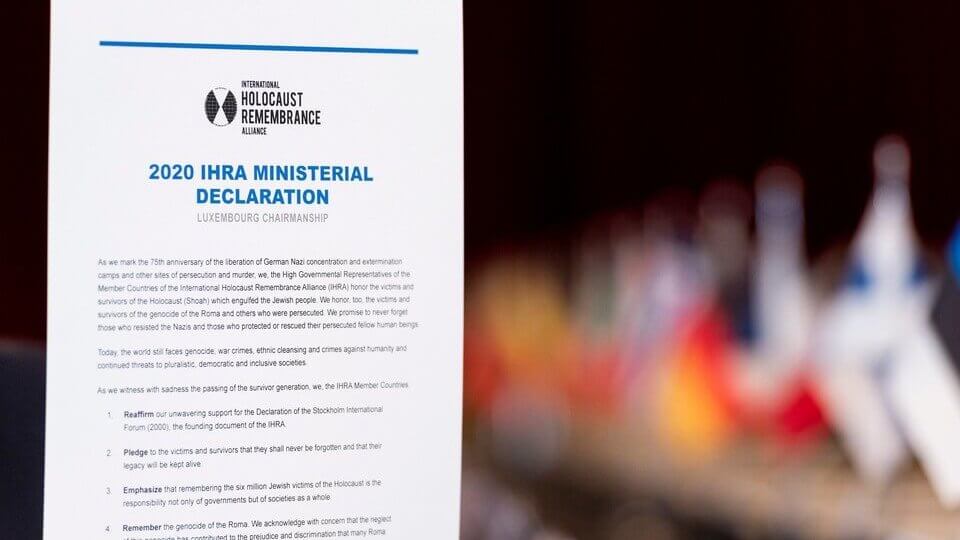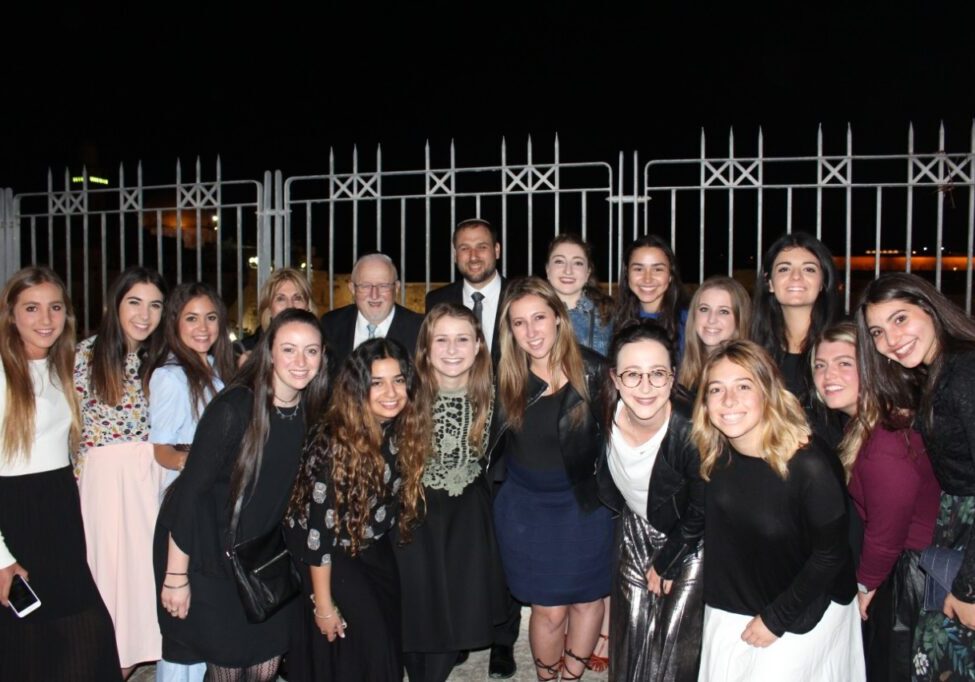Australia/Israel Review
The Last Word: Justifying Antisemitism
Nov 26, 2020 | Jeremy Jones

When the foreign minister of an Arab state told the UN that Jews murdered non-Jewish children to use their blood for religious purposes, the pretext was a discussion of contemporary Israel.
When Iranian leaders deny that the Nazis waged a genocidal war against Jews, their motivation is to explain how bad they think modern Israel is.
When an Australian newspaper told readers that the key to understanding the politics of the eastern Mediterranean was to accept as fact the Protocols of the Learned Elders of Zion, it came from a perception of Israel steeped in ancient anti-Jewish stereotypes.
When a Sydney radio station was facing an investigation into racism committed by some of its presenters, the station management was shocked and outraged when confronted with records of broadcasts claiming that the Jews who survived the attempted murder of them by Nazis had now become worse than Nazis. The management, as most fair-minded people would, saw this as antisemitism.
A serial distributor of anti-Jewish material in Tasmania was found to be in breach of Australia’s federal anti-racism legislation due to the distribution of material which located Jews or Judaism as the source of any social ill.
Whether it was a matter of Australian social policy or Middle East geopolitics, the template was the same – the Jews are to blame.
When various governmental institutions, including law enforcement agencies, came to recognise the importance of dealing with antisemitism the way other forms of racism were being addressed, they sought guidance for understanding what was or was not antisemitic, including in discussions of the Middle East.
In the 25 years in which I compiled and published data about antisemitism in Australia, a strict principle was adopted – you could say that Israel was terribly wrong and even that you thought it was the worst country on the planet, but if you said this was because of the Jewish nature of that country or because your caricatures of Jews were being transferred to stereotypes of Israelis, you crossed the line.
A group of international experts, from the field of anti-racism and human rights, spent years working on and finessing the definition eventually adopted by the International Holocaust Remembrance Alliance (IHRA): “Antisemitism is a certain perception of Jews, which may be expressed as hatred towards Jews. Rhetorical and physical manifestations of antisemitism are directed toward Jewish or non-Jewish individuals and/or their property, toward Jewish community institutions and religious facilities.”
This Working Definition would not seem to be particularly contentious, although of course those who wish to be antisemitic may object to being called such.
Attached to the Definition was a list of examples of where and when antisemitism may occur, which again should not be contentious.
The Definition states unambiguously that “Criticism of Israel similar to that levelled against any other country cannot be regarded as antisemitic.”
For anyone to claim that the IHRA Definition “equates criticism of Israel with antisemitism” is to grossly misrepresent the Definition.
To claim that it is an attempt to silence legitimate voices in debate is both untrue and slanders those who have drafted and subsequently adopted the Definition.
Yet when a prominent Australian political commentator tweeted this dishonest claim, he received backing from a cackling chorus of individuals seemingly shameless enough to align themselves with the principle that it is legitimate to promote racism, bigotry and hatred if it furthers your efforts to bring Israel into disrepute.
The most intellectually dishonest amongst them went so far as to suggest that attempts by Australians from a number of different backgrounds to provide resource material to assist the ABC in combatting racism were an example of criminal “foreign interference”.
There is, of course, a legitimate and healthy discussion to be had as to when, how and where it is appropriate to use the Definition and additional resource material. But it is neither legitimate nor excusable to spread dishonest misrepresentations of the Definition, or to not just rationalise but justify the infusion of antisemitism into public discourse.
Tags: Antisemitism, IHRA






